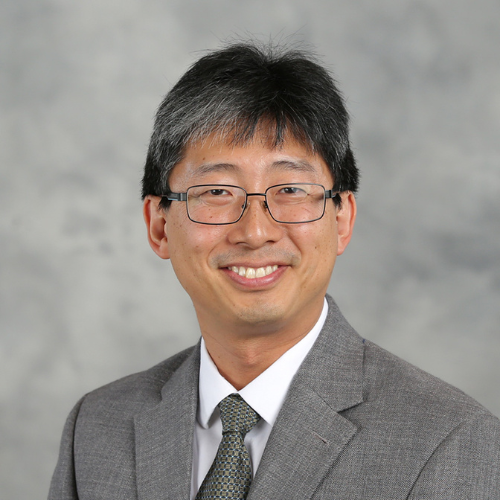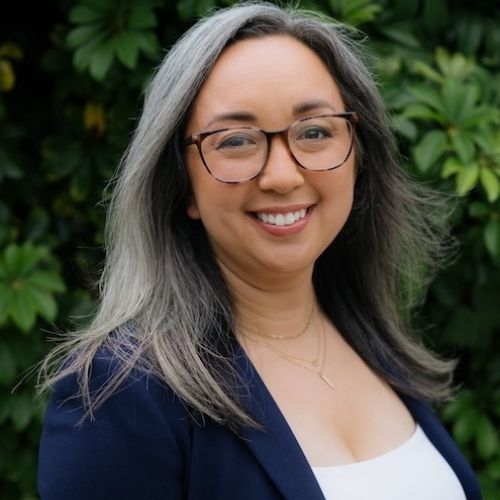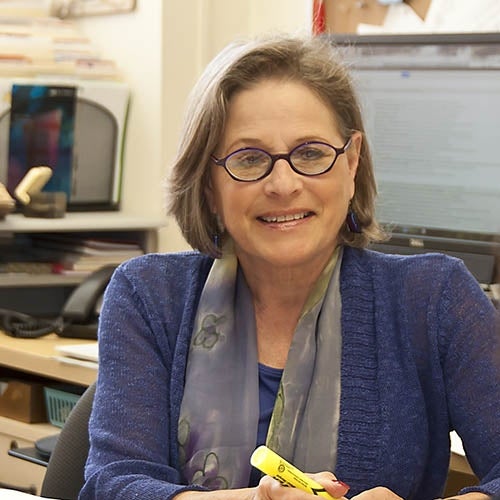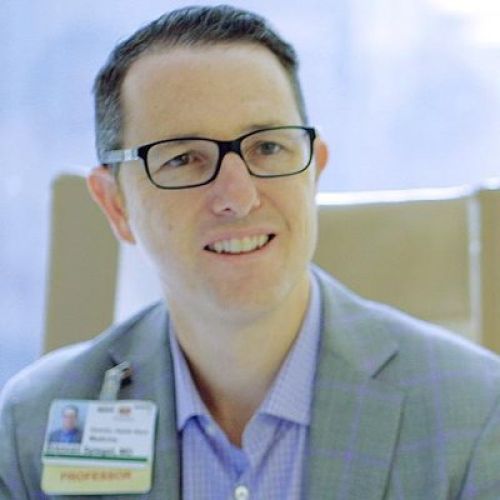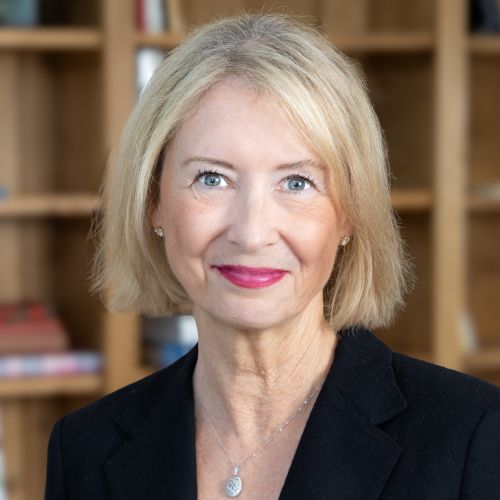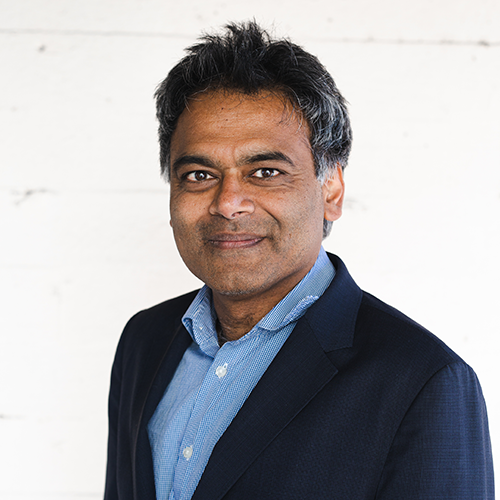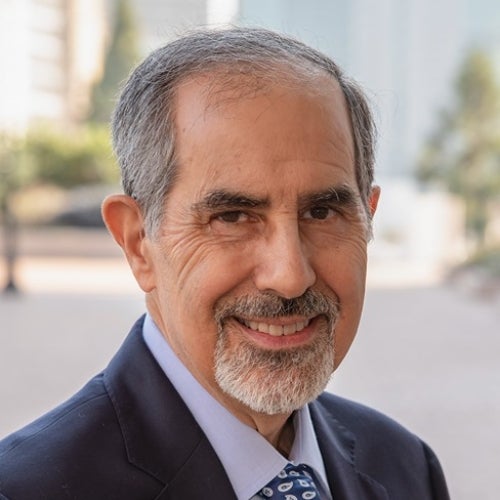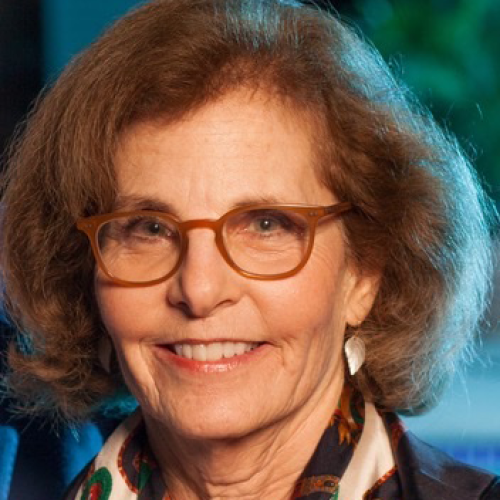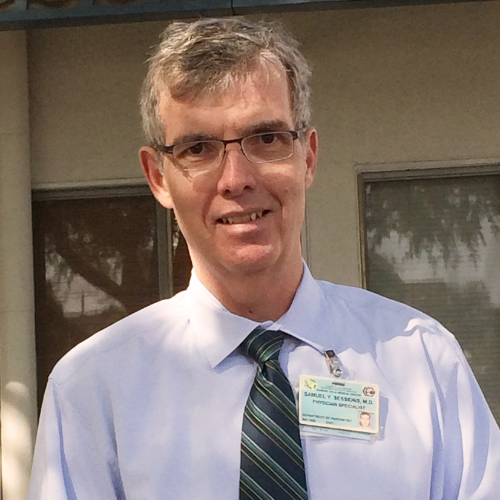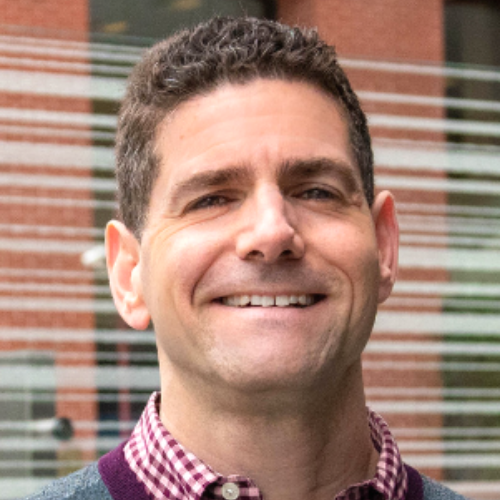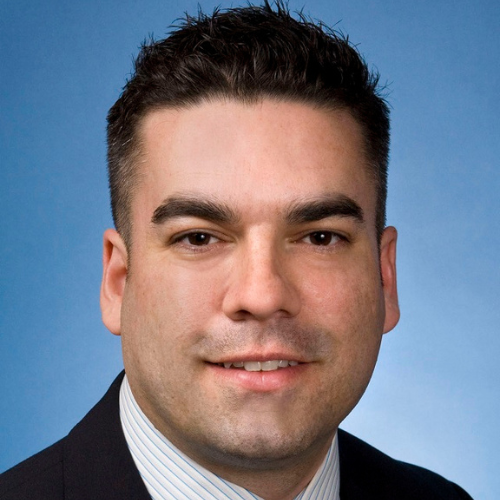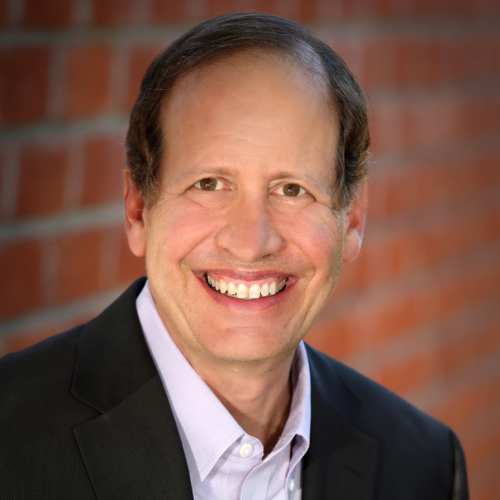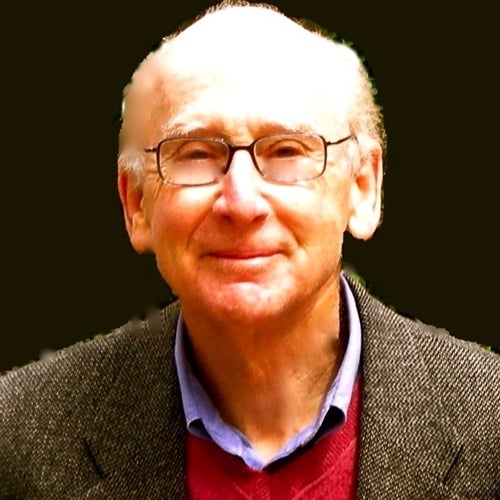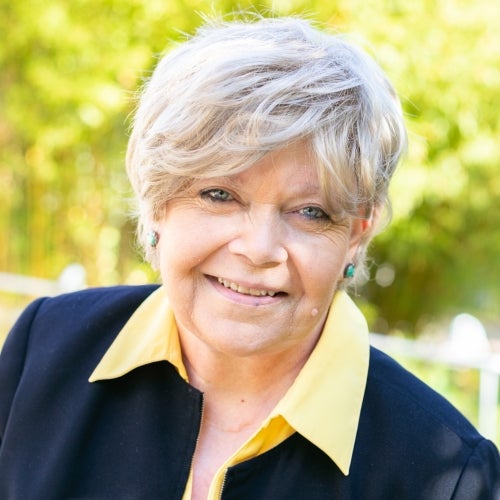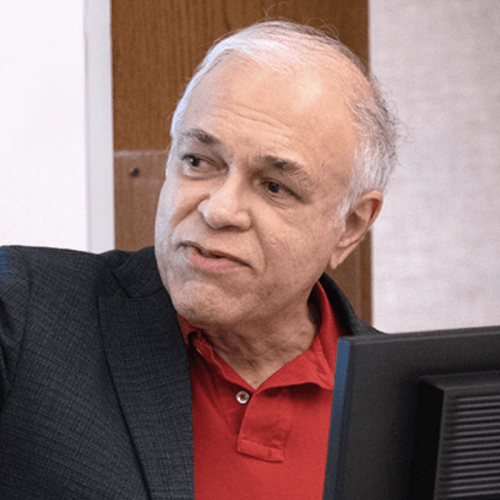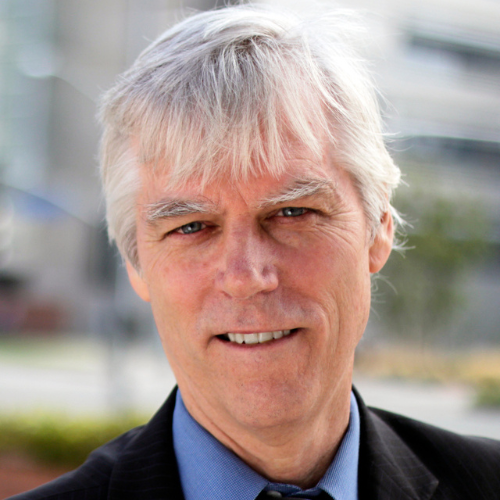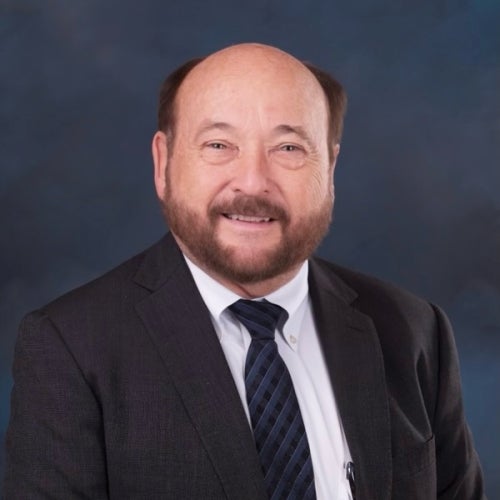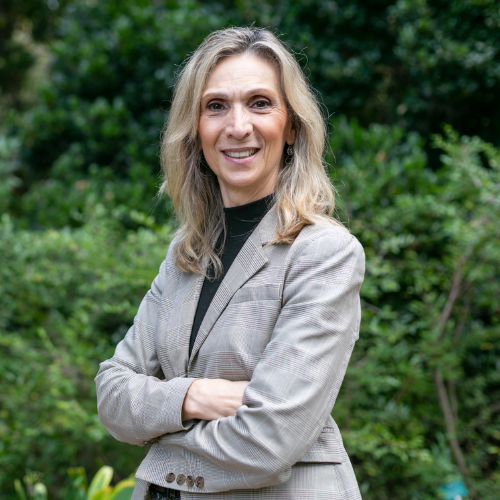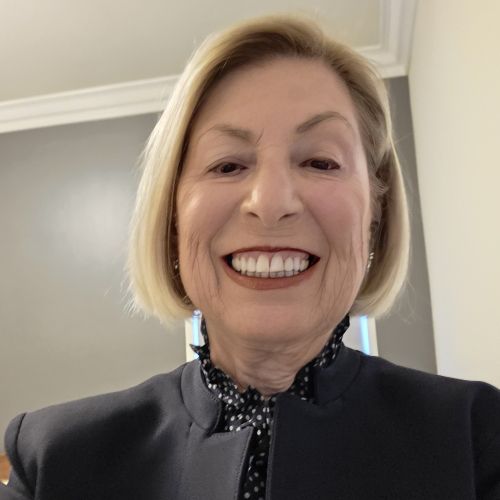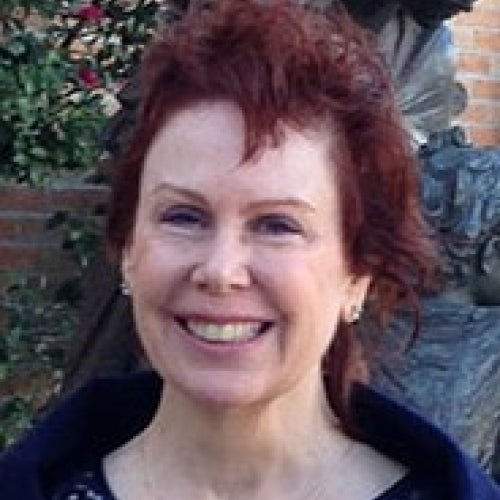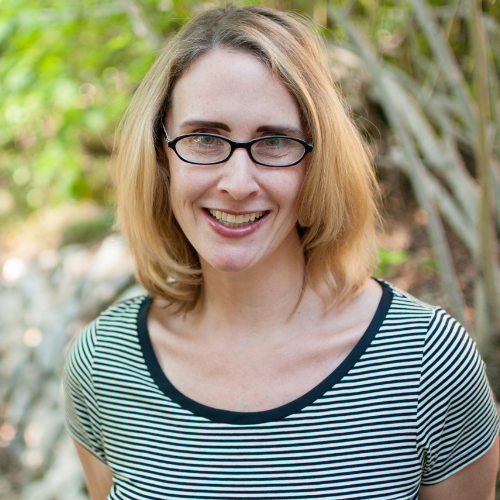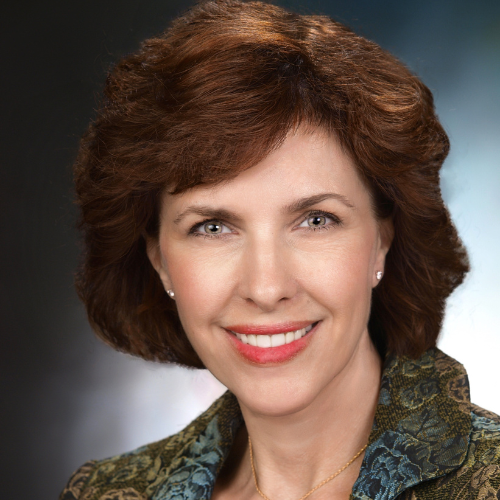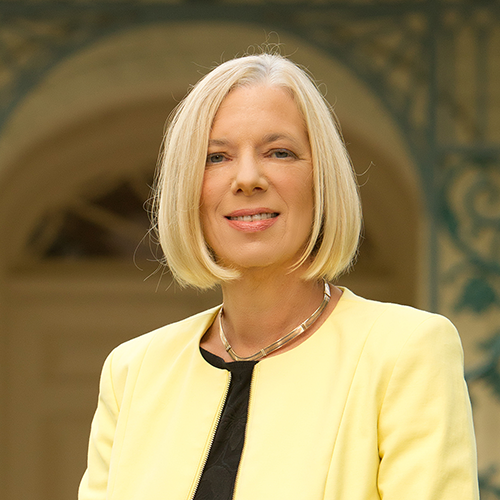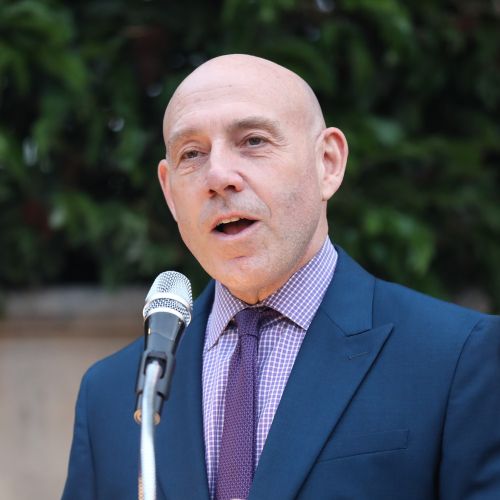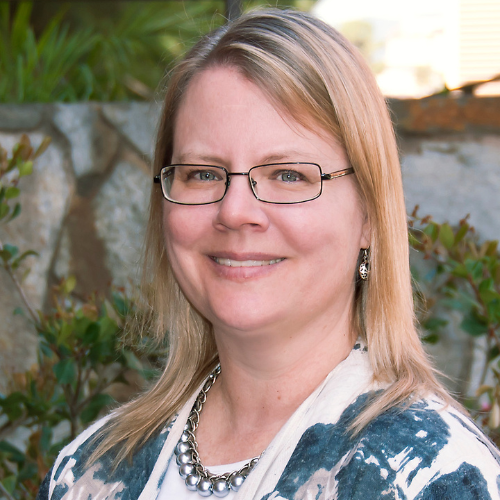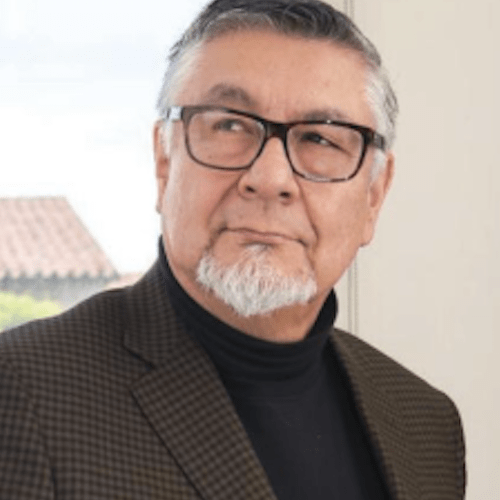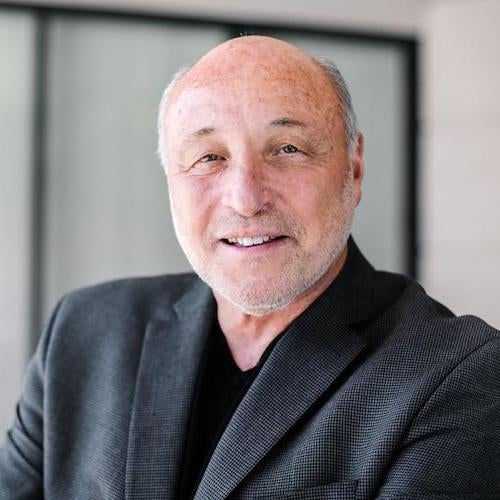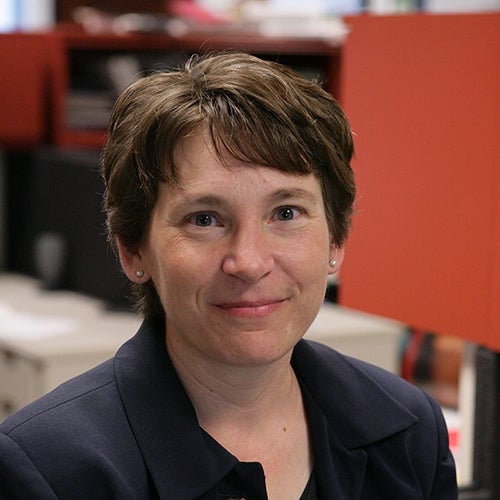Managing Partners
At the Fielding School’s new Center for Healthcare Management, academics from wide-ranging disciplines collaborate with leading practitioners to advance knowledge and practice.

AMID A RAPIDLY CHANGING LANDSCAPE, the only certainty for health care management professionals is that the future is fraught with uncertainty.
As the policy debate rages and new rules and regulations emerging from Washington, D.C., Sacramento, and other state capitals constantly shift how health care is delivered, where it’s delivered, and how it’s paid for, the Fielding School has established a center designed to bring together top academic researchers, students, and established health care executives and practitioners to explore critical issues in the management of health care organizations, while improving the state of knowledge and practice.
FSPH’s Center for Healthcare Management — made possible by the Sinaiko Innovation Fund for Healthcare Management, a $1 million gift from Richard (MPH ’77) and Patricia Sinaiko, and Greg (MPH ’01) and Marcie Sinaiko — will leverage the Department of Health Policy and Management’s close ties with At the Fielding School’s new Center for Healthcare Management, academics from wide-ranging disciplines collaborate with leading practitioners to advance knowledge and practice. Managing Partners alumni and other leading health care management practitioners in Southern California to ensure that the focus of its research, as well as the curriculum for students in the department’s executive, traditional, and customized degree and nondegree programs, are informed by on-the-ground health care management expertise. “Our family is thrilled to be able to provide this support in recognition of the benefits received from the Fielding School and our longstanding relationship with Paul Torrens and Leah Vriesman,” says Richard Sinaiko.
“Engaging health care organizations as active collaborators with Fielding School faculty will ensure that our center produces practical, relevant knowledge,” says Laura Erskine, the center’s co-director, who is an adjunct professor and director of the Department of Health Policy and Management’s MPH degree program.
The center has also enlisted the participation of experts from outside the Fielding School, including medical, nursing, dentistry, engineering, law, and business school faculty. “Health care management is not a standalone field,” explains Richard Sinaiko, who, with his son Greg, established and ran two nationally recognized companies, Sinaiko Healthcare Consulting and The Coding Source. “Increasingly, people in the field are interacting with many different sectors in order to be effective. Bringing in all of this expertise from the UCLA campus is a huge benefit.”
In encouraging more hands-on involvement with health care management practitioners, the new center starts from a position of great strength. Graduates of FSPH’s Department of Health Policy and Management include some of the most influential leaders in Southern California, as well as statewide and nationally. In addition to a passionate and loyal alumni network, the center benefits from well-established ties with the community of health care management employers.
Those ties have long been on display at the Paul Torrens Health Forum at UCLA, an established gathering that the center now presents, along with the Fielding School, where practitioners and academics discuss timely public health issues affecting the entire industry. “In a sense, this forum is a precursor to the center — a regular event where we have rich content, but also provide an opportunity for the practitioner community and UCLA faculty and students to come together to network and discuss what’s going on in real-world settings,” says Leah Vriesman, co-director of the center as well as an FSPH associate adjunct professor and director of the Executive Programs in Health Policy and Management.
The new center is taking a number of additional steps to ensure that the education and scholarship within the Fielding School are geared toward finding solutions to the everyday challenges health care management professionals face. Along with a collection of fieldbased case studies created for classroom discussion and the dissemination of UCLA-generated scholarship to the practitioner community, a centerpiece of this effort is an annual health care management case competition. The first such competition, sponsored by UCLA Health, invited teams of graduate students from across the country to solve a management challenge faced by the UCLA Health system, with the finalists invited to Los Angeles to present their solutions to executive judges at UCLA Health in January.
Building on the strong ties with the practice community will also influence the way health care management students in the school’s executive and traditional programs are educated and will afford more opportunities for alumni and other leaders in the field to provide mentorship. In recent years, the health care management curriculum has been revised in response to feedback from employers about the skills they need from graduates. “Our community partners have a great stake in the next-generation workforce,” Vriesman says. “They are turning to us, as a leading school of public health, to connect them with the people who will become future leaders.”
Faculty Referenced by this Article
Nationally recognized health services researcher and sociomedical scientist with 25+ years' experience in effectiveness and implementation research.

EMPH Academic Program Director with expertise in healthcare marketing, finance, and reproductive health policy, teaching in the EMPH, MPH, MHA program

Dr. Michelle S. Keller is a health services researcher whose research focuses on the use and prescribing of high-risk medications.

Professor of Community Health Sciences & Health Policy and Management, and Associate Dean for Research

Dr. Ron Andersen is the Wasserman Professor Emeritus in the UCLA Departments of Health Policy and Management.


